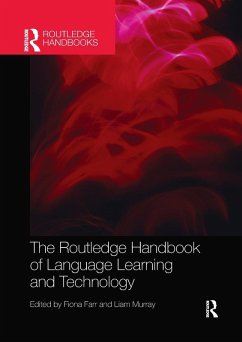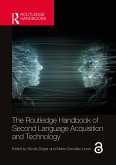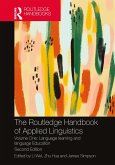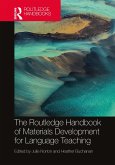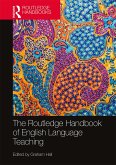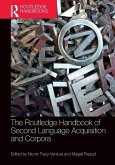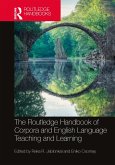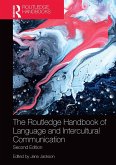The exponential growth and development of modern technologies in all sectors has made it increasingly difficult for students, teachers and teacher educators to know which technologies to employ and how best to take advantage of them.
The Routledge Handbook of Language Learning and Technology brings together experts in a number of key areas of development and change, and opens the field of language learning by exploring the pedagogical importance of technological innovation. The handbook is structured around six themes:
historical and conceptual contexts
core issues
interactive and collaborative technologies for language learning
corpora and data driven learning
gaming and language learning
purpose designed language learning resources.
Led by fundamental concepts, theories and frameworks from language learning and teaching research rather than by specific technologies, this handbook is the essential reference for all students, teachers and researchers of Language Learning and TESOL. Those working in the areas of Applied Linguistics, Education and Media Studies will also find this a valuable book.
The Routledge Handbook of Language Learning and Technology brings together experts in a number of key areas of development and change, and opens the field of language learning by exploring the pedagogical importance of technological innovation. The handbook is structured around six themes:
historical and conceptual contexts
core issues
interactive and collaborative technologies for language learning
corpora and data driven learning
gaming and language learning
purpose designed language learning resources.
Led by fundamental concepts, theories and frameworks from language learning and teaching research rather than by specific technologies, this handbook is the essential reference for all students, teachers and researchers of Language Learning and TESOL. Those working in the areas of Applied Linguistics, Education and Media Studies will also find this a valuable book.
'This is a superb collection of state of the art chapters covering the full field of technology in language teaching and learning. Anyone interested in gaining an overview of the field would do well by beginning with this collection, as would more experienced readers seeking to update themselves on any given topic.' John Flowerdew, City University of Hong Kong, China

